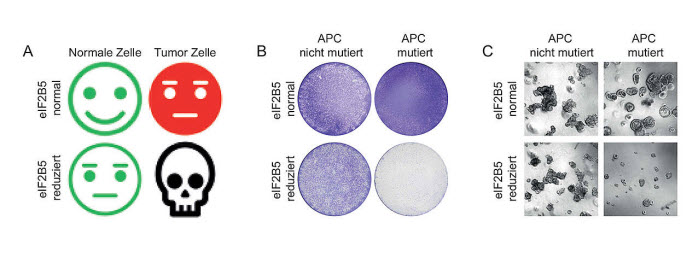Scientists have known that genetic mutations leading to the production of a defective protein called GFAP cause Alexander disease (AxD), a debilitating neurodegenerative condition that can present during infancy, adolescence, or adulthood.

Caption : Immunofluorescence staining of Alexander Disease iPSC-astrocytes showing cell nuclei (white), cytoplasmic GFAP filaments (magenta), and perinuclear GFAP aggregates (green; marked by yellow arrowheads). Credit : Lab of Natasha Snider, PhD, UNC School of Medicine
Many people with the rare condition die within the first few years, but some survive for several decades. Now, UNC School of Medicine researchers are learning about the differences in the underlying biology of patients with severe and milder forms of AxD. Led by Natasha Snider, PhD, assistant professor of cell biology, an international group of scientists has discovered that the mutant form of GFAP undergoes different chemical modifications, depending on time of onset of symptoms.











